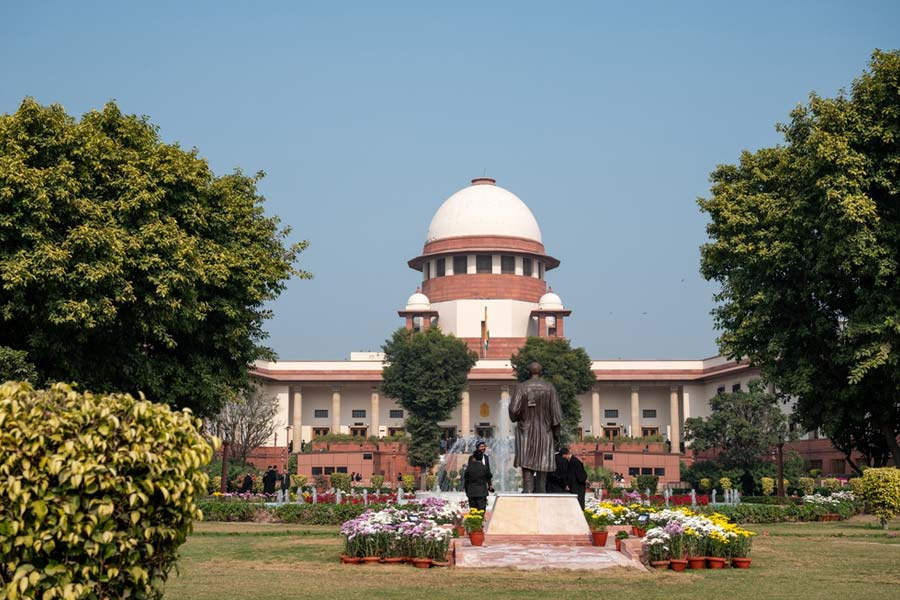The Supreme Court on Tuesday observed that the deployment of spyware for national security was not illegal, but said it would examine whether the Israeli software Pegasus was used to snoop on citizens.
“What is wrong if the country is using spyware? Let us be clear that there is no issue in having spyware, if it is used against some persons who are working against national interests…. Let us not compromise the security of the nation,” a bench of Justices Surya Kant and N. Kotiswar Singh orally observed.
“Yes, using against whom is the question. Of course, if it is used against a civil society person, then of course that will be looked at,” the court added.
The bench was dealing with a batch of petitions seeking a judicial probe into the alleged use of Pegasus by the Narendra Modi government to spy on judges, journalists, activists and critics.
Initially, the bench had said that the petitions were no longer valid as an apex court committee headed by former judge R.V. Raveendran had already submitted a detailed report on the issue.
However, senior advocate Kapil Sibal, appearing for a petitioner, submitted that a US district court had ruled in a case filed by WhatsApp that India was one of the countries where Pegasus was used to hack into the accounts of individuals.
“At that time, your Lordships had no indication whether hacking had taken place. Even experts didn’t say so. But now there is evidence. Evidence from WhatsApp. We will circulate the judgment (of the US district court),” Sibal said. He said the report of the Raveendran committee should be disclosed without any redaction.
Senior advocate Shyam Divan, representing another petitioner, said he had proof that the government had used spyware against its citizens.
The bench said the court was willing to examine whether any specific individual had been affected by the spyware. “We can think of disclosing to individuals. It should not be made only a document of discussion on the streets,” the bench observed.
Both Sibal and Divan recalled that a bench headed by then Chief Justice N.V. Ramana had recorded that the Centre did not cooperate with the Pegasus probe.
The court on Tuesday posted the matter for further hearing to July 23.










